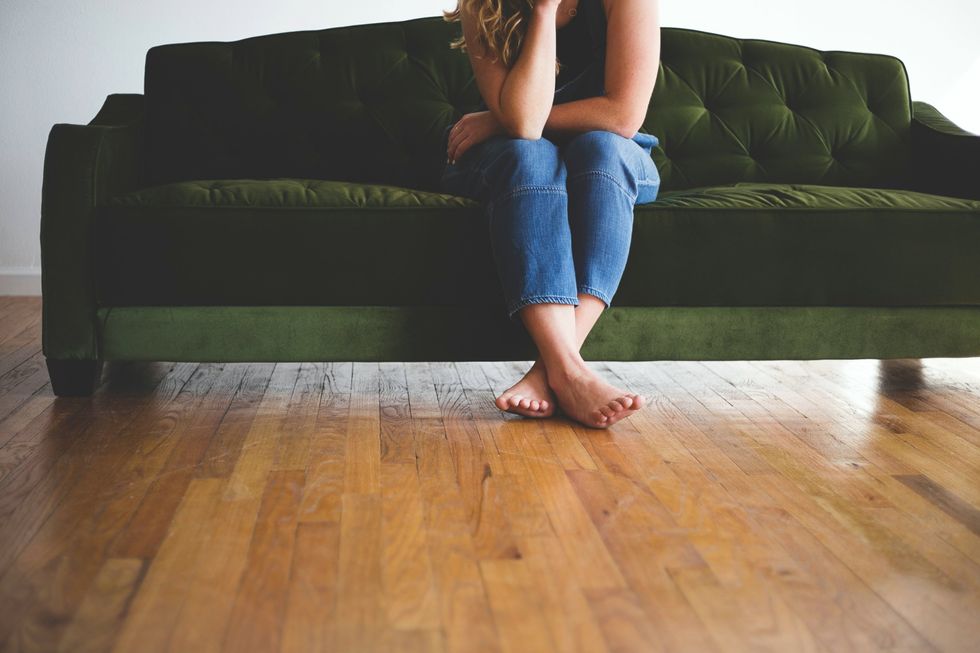In the past few years, society has made great progress in normalizing some commonly misunderstood mental illnesses (such as depression and anxiety) and therapy. I personally have been very impressed and pleased with how many people have been educated about the benefits of going to therapy and how many people who already attend therapy feel able to talk about their individual experiences and recommend therapy to their friends who are suffering. However, our society still has a long way to go when it comes to destigmatizing therapy for everyone.
I began regularly seeing a paid therapist when I was 16 years old. Before this, I had attended many beneficial weekly sessions with my high school counselor, someone who helped me through the darkest times in my life and is still a very dear friend. However, I reached the point where I knew I needed outside help in the form of a therapist. Here are some things that you should know about therapy:
1. It can take a while to find the right therapist for you.
I met with three different therapists before I finally settled on regularly seeing my first long-term therapist. In just the first short meeting, I was able to see that I wouldn't be able to open up to them or I wanted someone who specializes more on my types of issues. This is not a bad thing! I didn't do anything wrong, and there was nothing wrong with the therapists I decided not to see again. Each time it didn't work out, I tried again until I was able to schedule with someone who specialized in the type of help I was looking for. I was able to make a connection with her and feel as though I could open up to her fairly quickly. This is the type of relationship you should have with your therapist.
2. Therapy is hard at times, and it's really hard at first.
When I was 16, I had a lot of issues when it came to expressing my feelings. I often diverted types of sadness into anger. I was angry at the world instead of sad about my situation, and, while that made it easier to cope, it made it harder to address the root of my problems. When I started therapy, I didn't like opening up to anyone, let alone a total stranger, so I kept my guard up. I was defensive. I lied about behaviors and feelings I didn't think my therapist would approve of. On top of that, I often didn't even know what I was feeling. However, with time and practice, I was able to more accurately explain my emotions and open myself up to being honest with my therapist. It took time, but I know that I am better off now that I know how to do these things. There are still days when it is hard, and there are days when I've debated canceling a session or just shutting down during our talks because I don't want to vocalize my issues, but that feeling doesn't last forever. It's okay that therapy is hard. It's supposed to be. You're addressing the problem and trying to get to the root of your feelings.
3. Therapy is not a fast-and-easy solution to your problems.
Therapy is not something you do "until you are better." There's no immediate fix or magic pill that can fix problems. It's something you have to work on every day. As a character explains in Season 3, Episode 3 of the popular television series Rick and Morty, "I have no doubt that you would be bored senseless by therapy, the same way I'm bored when I brush my teeth and wipe my ass. Because the thing about repairing, maintaining, and cleaning is it's not an adventure. There's no way to do it so wrong you might die. It's just work. And the bottom line is some people are okay going to work, and some people, well, some people would rather die. Each of us gets to choose."
4. Therapy is for anyone.
I know many people who don't think their problems are as bad as others, who self-diagnose themselves with mental health disorders instead of seeing a professional, or who don't believe they're the "type" to go to therapy. While therapy has been normalized for women, many men still are constrained by toxic masculinity and the belief that they should "man up" instead of learning how to address their problems in an emotionally intelligent way. This perception of therapy needs to change; therapy is for ALL people, no matter your gender, age, or any other factor.
I hope this helped clear up some misconceptions about what exactly therapy is like. I feel very fortunate that I have been able to attend therapy and that my family understands and accepts seeking help in times of need. I'll leave you with a quote from my favorite recovery page: "I don't choose to be happy—I fight for it every damn day." (@recoverclinic on Instagram)
If you are not the type of person that happiness just "comes to," I understand, and I hope you fight for your happy every day.






















